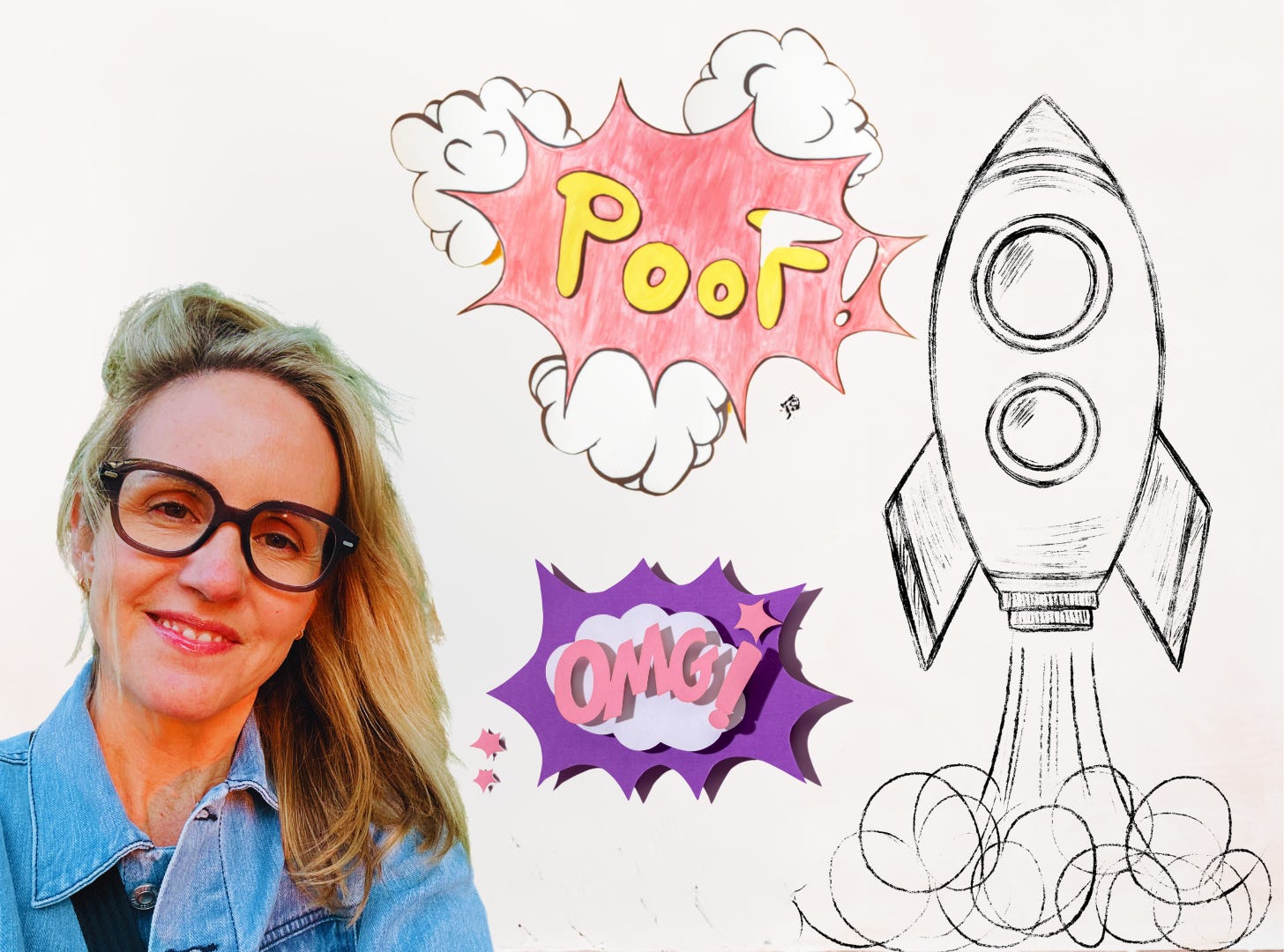AI for Good: Congresswoman Jennifer Wexton's Story
For all the warranted trepidation, the ultimate impact of AI on society will be profound. The story of Rep. Wexton's bravery and strength amplified by AI innovation is just a start...
Personal pride and professional awe intersected quite serendipitously for me last week as my younger sister helped unveil legislation sponsored by representatives Jennifer Wexton (D-VA) and Gus Bilirakis (R-FL).
Both my sister, Allie Signorelli, and Congresswoman Wexton were diagnosed with Parkinson’s disease around the same time three years ago. For Rep. Wexton it turned out that she instead was suffering from Progressive Supranuclear Palsy (PSP). Often mistaken for Parkinson’s, and even sometimes for Alzheimer’s, the condition can cause a similar loss of balance, slowing of movement, and overall cognitive impairment.
Despite the rapid progression of PSP, Rep. Wexton has bravely taken the opportunity to tell a bigger story about all neurodegenerative diseases, how they impact patients and families, and what it will take to cure them concurrently.
The Healthy Brains Act
The event that Allie joined last week was a press conference to announce The HEALTHY BRAINS Act (full name: Harmonizing Environmental Analyses and Launching Therapeutic Hubs to Yield Bolstered Research And Innovation in Neurological Science). Reps. Wexton and Bilirakis crafted the legislation in an effort to uncover how environmental factors impact Parkinson’s and other neurodegenerative diseases.
In a press release Rep. Wexton said: “Neurodegenerative diseases currently affect more than 50 million people worldwide, and as one of those people impacted, I understand firsthand how devastating these diseases are for them and their families. The best way we can do better for these families is by ensuring no other family has to go through what theirs, and mine, have…"
Allie had previously spoken to Congressman Bilirakis about the National Plan To End Parkinson’s Act which became law last month after a show of overwhelming bipartisan support. Watch their chat from earlier this summer here.
The AI Connection
Often where AI has the most good, it creates the least noise. Because, of course, AI should amplify the human condition not seek to displace it. In the case of Rep. Wexton, AI has given the congresswoman a way to continue to tell her story despite PSP’s devastating impact on her vocal cords.
Rep. Wexton debuted her AI voice model in July. In its simplicity the tool is profound as it replicates the congresswoman’s voice so that the she can communicate by text and listeners in turn “hear” what she is saying.
The AI voice model was created by ElevenLabs a software company that specializes in developing natural-sounding speech synthesis software using deep learning.
The use of AI-enabled voice applications to help those with speech impediments can have a profound impact on millions. According to the NIH Institute on Deafness and Other Communication Disorders, approximately 17.9 million U.S. adults ages 18 or older report having had a problem with their voice in the past 12 months.
Avoiding the Downside
Of course there are, and will continue to be, bad actors turning a great story into a frightening one. I’ve written previously about the way in which criminals have exploited this very technology to extort the unsuspecting worried about loved ones.
Those bent on crime will strike regardless of technological advancement. Companies such as ElevanLabs are actively working to deter criminal use of its technology. But, at the end of the day, education is the only way to address the risk.
Deepfakes are without-a-doubt a significant problem, but keeping attuned to what is happening, following news of AI misuse, and taking steps to avoid, will be the way to overcome any negative impact of what is ultimately a revolutionary technology.
Final Proud Note
I was once a bit skeptical about whether there could really be consensus on what is “responsible AI.” I’ve wondered aloud about who gets to decide, or if any of us could actually rise above tribalism or partisanship to bring others along?
My feelings have evolved after pursuing an industry certification over the past few months. And this weekend, as I passed my Certified Ethical Emerging Technologist (CEET) certification test, I’ve gone a step farther into hopefully having a voice here myself.
Of course I’m still a bit concerned about having the broadest swath of voices represented regarding AI and the future, but have come to believe that we will decide together. At the end of the day none of this will work if we don’t all have a say. A little like democracy, navigating technology requires participation from everyone…








